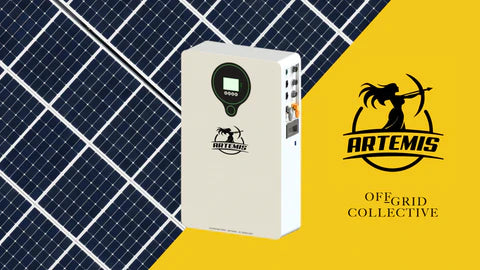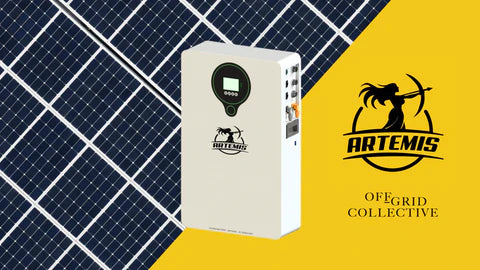So a composting toilet sounds like the way to go for your off-grid set-up, but not sure what to do with the.. ahem, by-product? Let us introduce you to Humanure.
Humanure, also known as human manure, is composted human poop for use as a fertiliser. Now hear us out! While the concept of using human waste for fertilisation may seem unappealing at first glance, it has been practiced for thousands of years in many parts of the world, and is gaining renewed interest as a sustainable and eco-friendly alternative to chemical fertilisers and a closed loop solution to human waste management.
Making humanure involves collecting human waste, along with any accompanying organic materials, and composting it to create a nutrient-rich soil amendment. The process typically involves several stages of composting, with the goal of breaking down the waste into a stable and safe product that can be used as a fertiliser. There are different ways to make humanure and the best way for you will depend on the quantity of waste and your environment. But we’ll walk you through a fairly foolproof method below so you can get the idea.
The first stage of composting involves collecting the waste in a designated container or bin, along with any organic materials such as sawdust, straw, shredded cardboard, wood ash or leaves. This helps to absorb excess moisture and provides a carbon source to balance out the high nitrogen content of the waste. The mixture is then allowed to decompose for several months, with periodic turning to ensure adequate aeration and mixing. This stage is important for ensuring that any harmful pathogens or bacteria in the waste are destroyed, as the high temperatures generated by the composting process can kill off most disease-causing organisms. The compost is monitored for temperature and moisture content, and turned periodically to ensure even decomposition.
After several months of composting, the humanure is ready for use as a fertiliser. It can be applied to gardens, farms, or other agricultural settings just like any other organic fertiliser. While there is some debate about the safety of using humanure as a fertiliser, many experts agree that when properly composted, it can be a safe and effective alternative to chemical fertilisers.
So what are the benefits of using humanure as a fertiliser? First and foremost, it is a sustainable and eco-friendly way to manage human waste. By diverting waste from landfills or sewage treatment plants, humanure composting can reduce greenhouse gas emissions and help to conserve water resources. In addition, humanure is a rich source of nutrients such as nitrogen, phosphorus, and potassium, which are essential for plant growth. Using humanure as a fertiliser can help to improve soil fertility, increase crop yields, and promote healthy plant growth.
Humanure composting also has the potential to improve soil structure and reduce erosion. The organic matter in the compost can help to build soil structure and promote water retention, while reducing the need for chemical fertilisers and pesticides. This can lead to healthier soils, healthier plants, and ultimately, healthier people.
So to wrap it up, while the concept of using human waste as a fertiliser may seem unappealing at first, humanure composting is a safe and effective way to manage human waste while promoting sustainability. By using this process, we can reduce waste, conserve resources, and promote healthy soils and crops. As we continue to face global challenges such as climate change and food insecurity, humanure composting may be an important part of the solution.

 is here! Shop now, pay later in 4 easy installments
is here! Shop now, pay later in 4 easy installments







I am proud with you equipmentd.
We are doing the same – simple process to set up. If you’re serious about this buy Joseph Jenkins book and get into it.
Hi
This is a great article, we are currently doing this at home, but there are many fecal phobics out there, and to be self sufficient in our definition is nothing either is brought on to the property and nothing leaves the property including a valuable resource that we produce daily. There are many people who around the world that cannot afford the water for flushing toilets. Anyone interested in this subject should read Joseph Jenkins book The Humanure Handbook, I believe it may be available for free download from his website, although I bought a copy of the 4th edition, this book is brilliant, it tells you all need to know about how, and why you should compost your humanure. If everyone did this then the saving in water would be massive, after reading this book I can’t understand why we are legally expected to pollute drinking water with our poos and wees, when there is definitely a better more sustainable way to go (pun intended)